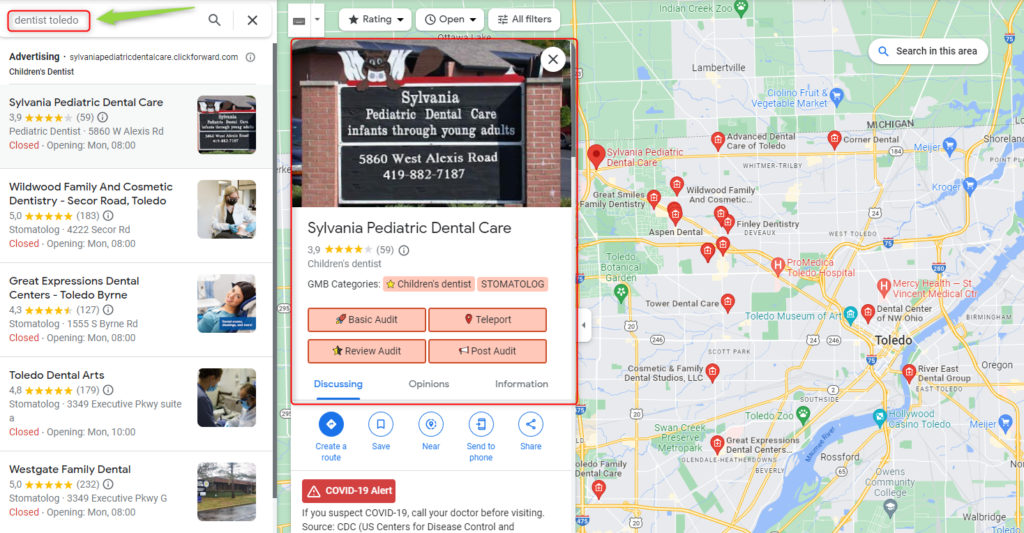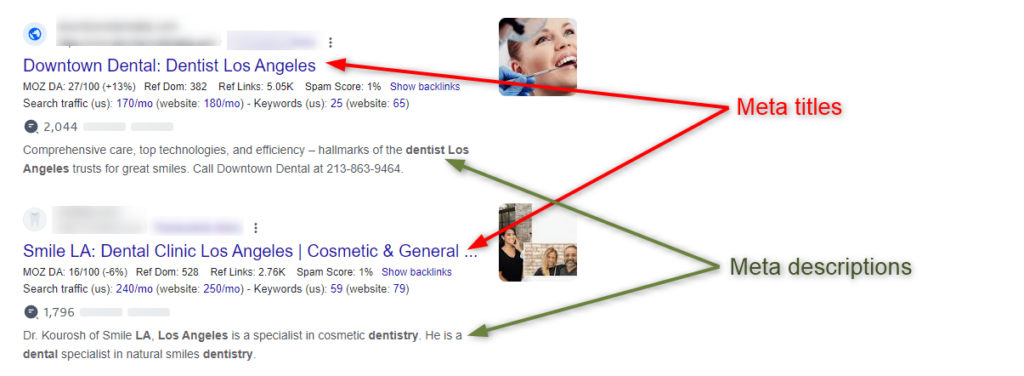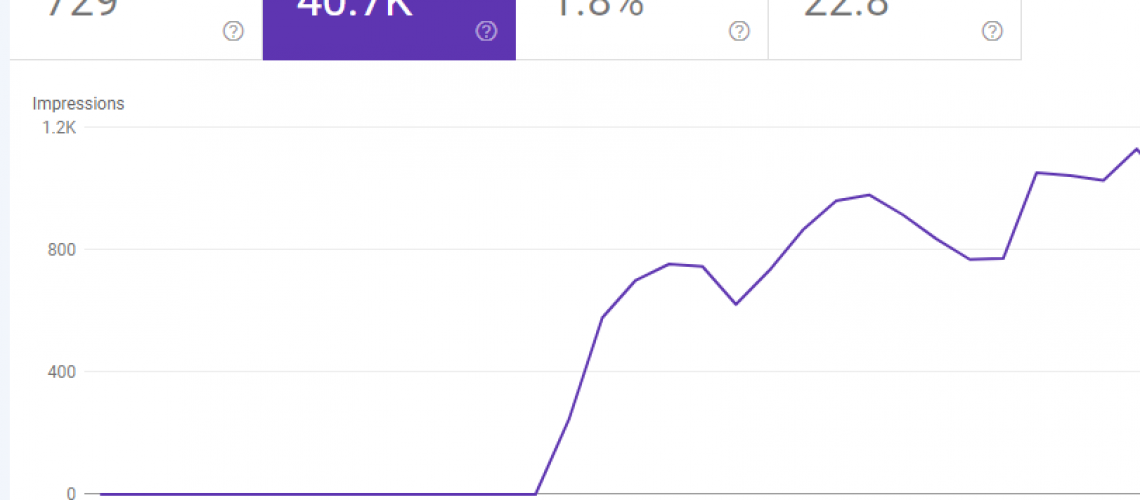Welcome, fellow small business owner! Are you looking to improve your local online visibility and attract more customers to your business?
You’re in the right place! In this blog post, we will provide you with a comprehensive checklist of actionable tips and best practices to optimize your website for local search. Don’t worry if you’re not an SEO expert – we’ll break it down into simple language and provide step-by-step guidance to help you boost your local SEO game and get ahead of your competition.
Optimizing Google My Business Listing
Your Google My Business (GMB) listing is like your online storefront. It’s the first impression potential customers get when they search for your business on Google. So, let’s make it shine!
- Claim and verify your GMB listing: If you haven’t done so already, claim and verify your GMB listing. This will give you control over your business information and allow you to update and optimize it.
- Optimize your GMB profile: Fill in all the relevant business information accurately, including your business name, address, phone number (NAP), website URL, and business categories. Make sure the information is consistent across all online platforms to avoid confusion.
- Add photos and encourage reviews: A picture is worth a thousand words! Add high-quality photos of your business, products, and services to showcase what you offer. Also, encourage your satisfied customers to leave reviews on your GMB listing. Positive reviews can boost your local reputation and attract more customers.

Keyword Research ffor Local Search Terms
Keywords are the search terms that people use to find businesses like yours online. Conducting keyword research will help you identify the right keywords to target in your website content and meta tags.
- Identify local keywords: Think about the terms your potential customers would use to search for businesses in your local area. For example, if you’re a bakery in New York City, keywords like “best bakery in NYC” or “cupcake shop near me” could be relevant.
- Use keyword research tools: There are many free and paid keyword research tools available, such as Google Keyword Planner, Ubersuggest, and Moz Keyword Explorer. These tools can help you find local search terms with low competition and high search volume. You can also check”similar questions” in the google search once you tap a keyword (see the screenshot below).
- Target long tail keywords: Long tail keywords are longer and more specific search terms. They may have lower search volume, but they are often less competitive and more likely to convert. For example, “gluten-free bakery in NYC” may have less competition than “bakery in NYC,” but it could attract a more targeted audience.

Optimizing Meta Tags for Local SEO
Meta tags are HTML elements that provide information about your web pages to search engines. Optimizing your meta tags with local keywords can help search engines understand what your pages are about and improve your chances of ranking higher in local search results.
Meta title and meta descriptions
Optimize title tags and meta descriptions: The title tag is the main title of your web page that appears in search results, while the meta description is a brief summary of your page’s content. Include your targeted local keywords in the title tag and meta description to make it clear what your page is about and entice users to click.
- Ensure meta tags are unique: Each web page on your website should have a unique title tag and meta description. Avoid using duplicate meta tags, as it can confuse search engines and result in lower rankings.

Schema markup
Use schema markup: Schema markup is a type of structured data that provides additional information about your web pages to search engines. It can help search engines understand your business location, contact information, and other important details. Implementing schema markup on your website can improve your local SEO. Yoast SEO plugin that is free to use can help you handle with that automatically.
Creating Location-Specific Landing Pages
Creating location-specific landing pages can be a powerful strategy for targeting local search traffic and attracting potential customers in specific geographic areas.
- Research local keywords for each location: Conduct keyword research for each location you want to target. Identify local search terms that are relevant to each location and incorporate them into your landing page content and meta tags. For example, if you have multiple bakery locations in different neighborhoods of NYC, you can create landing pages optimized for keywords like “best bakery in Chelsea,” “cupcake shop in Upper East Side,” etc.
- Customize content for each location: Don’t just duplicate the same content across all your location-specific landing pages. Customize the content for each location to make it relevant and useful to the local audience. Include information about the specific location, such as local landmarks, events, or testimonials from customers in that area. This will help you establish a connection with the local community and build trust.
- Provide clear call-to-actions: Your landing pages should have clear call-to-actions (CTAs) that guide users to take the desired action, such as calling your business, filling out a contact form, or making a purchase. Make sure your CTAs are prominent, easily clickable, and aligned with the goals of your website.
Building Local Citations
Local citations are mentions of your business name, address, and phone number (NAP) on other websites, such as online directories, review sites, and social media platforms. Building consistent and accurate local citations can improve your local SEO and help search engines verify the credibility and legitimacy of your business.
- List your business on relevant directories: Research and identify relevant online directories and listing sites that are popular in your local area. List your business on these directories, making sure to provide consistent and accurate NAP information. Some popular directories for local businesses include Google My Business, Yelp, Bing Places, and Yellow Pages.
- Check and update existing citations: If your business is already listed on various directories, review them to ensure that the information is accurate and consistent. Inconsistencies in NAP information can confuse search engines and result in lower rankings. Update any incorrect or outdated information to maintain consistency across all citations.
- Monitor and manage reviews: Online reviews play a significant role in local SEO and can influence consumers’ decision-making process. Monitor reviews on your GMB listing, Yelp, and other review sites, and respond promptly to both positive and negative reviews. Encourage satisfied customers to leave positive reviews, and address any negative feedback in a professional and courteous manner.
Need Help with SEO? Let Lizardo Agency Boost Your Local Online Visibility!
If you’re feeling overwhelmed or unsure about how to optimize your website for SEO, don’t worry – you’re not alone! SEO can be complex and time-consuming, but the good news is that you don’t have to do it all by yourself.
At Lizardo Agency, we specialize in helping small businesses improve their online visibility through effective local SEO strategies.
Contact us today to discuss how we can boost your local online visibility and drive more targeted traffic to your website.
Conclusion
There you have it – the ultimate SEO checklist for small businesses looking to boost their local online visibility. By optimizing your Google My Business listing, conducting keyword research, optimizing meta tags, creating location-specific landing pages, and building local citations, you can improve your local SEO and attract more customers to your business.
Remember to regularly monitor and update your SEO efforts to stay ahead of the competition and continuously improve your local online visibility. Happy optimizing, and may your website rankings soar higher than a hot air balloon at a cupcake festival!


